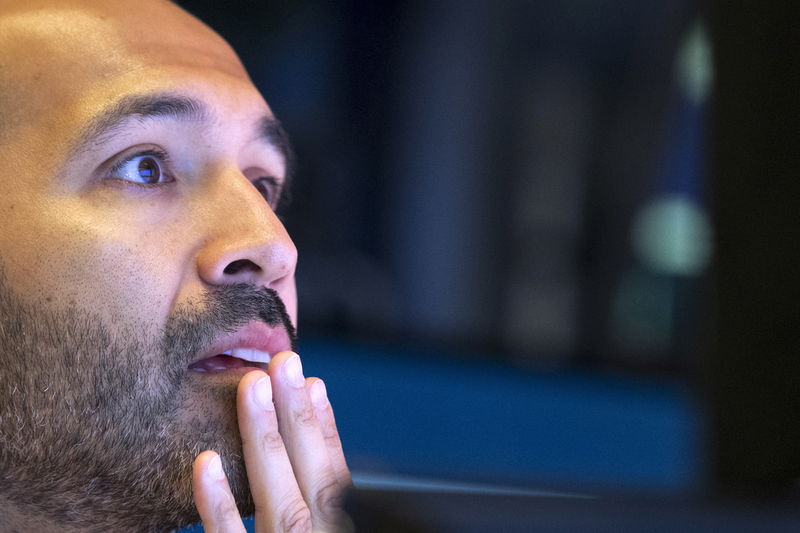Economic uncertainty can be unsettling, especially when you’re trying to protect your hard-earned assets. With markets fluctuating and the financial market constantly changing, it’s natural to worry about how to keep your wealth safe writes Hafiz Qadeer.
By taking proactive steps and planning ahead, you can build financial resilience that will help you weather any storm and keep your assets secure. Let’s examine ways to prepare for economic uncertainty and protect your financial assets.
Pay down high-interest debt
Carrying high-interest debt is like trying to fill a bucket with a hole in it—you won’t make any progress. Before economic uncertainty hits, focus on paying down any high-interest loans or credit card debt. Reducing your debt load not only frees up more of your income for savings and investments but also lowers your financial stress if things start to get tight.
Review and adjust your budget
In uncertain times, it’s important to know exactly where your money is going. Take a close look at your budget and identify areas where you can cut back if necessary. For example, if you’ve been exploring new investments in the forex trading online market, you might reassess how much you’re allocating there compared to other priorities.
Being mindful of your spending habits and making adjustments where needed helps you stay financially agile. It also allows you to save more and be better prepared for any economic bumps in the road.
Diversify your investments
You’ve probably heard it before—don’t put all your eggs in one basket. Diversification is key to reducing risk and an excellent way to save more. Spreading your investments across different asset classes like stocks, bonds, real estate, and even commodities reduces the chances of taking a big hit if one sector experiences a downturn. It’s like having a backup plan for your backup plan that ensures your overall portfolio remains stable even if certain investments don’t perform well.
Build an emergency fund
An emergency fund is your financial safety net that helps you cover unexpected expenses without having to dip into your investments. Aim to set aside three to six months’ worth of living expenses in a liquid, easily accessible account. This cushion gives you peace of mind and financial flexibility, so you’re not forced to sell off assets during a market downturn to make ends meet.
Review and adjust your budget
In uncertain times, it’s important to know exactly where your money is going. Take a close look at your budget and identify areas where you can cut back if necessary. Being mindful of your spending habits and making adjustments where needed helps you stay financially agile, allowing you to save more and be better prepared for any economic bumps in the road.
Stay informed and adapt
Economic conditions can change rapidly, so staying informed is crucial. Keep up with financial news, trends and expert analysis to understand how broader economic shifts might impact your assets. Being informed helps you make proactive decisions rather than reactive ones. It also allows you to adapt your strategy as needed and stay ahead of potential challenges.
Consider professional advice
If managing your financial assets feels overwhelming, especially during uncertain times, consulting with a financial advisor can be a smart move. A professional can offer personalised advice, help you craft a resilient investment strategy, and guide you through any necessary adjustments as economic conditions evolve.
Final remarks
Building financial resilience is all about being prepared for whatever comes your way. If you can diversify your investments, keep a close eye on your budget, and stay informed, you can protect your assets and navigate through economic uncertainty with confidence. Remember, it’s not about predicting the future but being ready for it so you can keep your financial goals on track, no matter what challenges arise.
Read more on Proactive Investors AU
Disclaimer








